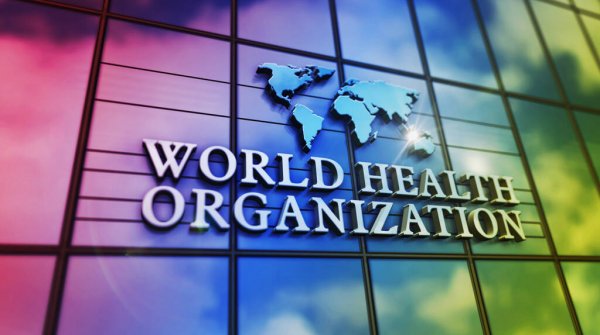By Muhammad Amaan
The World Health Organisation (WHO) has advised communities to support those who donate blood, so as to encourage others to do same.
Regional Director for Africa, Dr Matshidiso Moeti said this in her message to commemorate the World Blood Donor Day, with the theme: “20 Years of Celebrating Giving: Thank You Blood Donors!”
Moeti said that such would have the potential to create an exponential increase in the availability of life-saving donor blood, when and where it was needed most.
According to her, blood transfusion plays a critical role in the provision of life-saving healthcare.
“Vulnerable people, such as mothers during childbirth; under-nourished and malaria-affected children; victims of trauma and accidents; and patients suffering from sickle cell and other chronic diseases; particularly benefit from this care,” she said.
Moeti said that it was not merely a date on the calendar; but a celebration of altruism, empathy, and social responsibility.
According to her, it is a day to acknowledge and honour blood donors whose acts help save the lives of others.
“We express our gratitude to blood, plasma, and platelet donors in the African region and the world, for their life-saving donations.
“Moreover, our gratitude is a call to action to motivate more individuals to donate blood.
“We appreciate the gesture and are immensely grateful to all the donors in our region and worldwide; we owe them a debt of gratitude,” she said.
Moeti said that in the past decade, WHO had provided technical and financial support to its Member States, in their efforts to improve blood products availability, quality and safety.
The director said that the Member States in the African Region had made significant progress between 2015 and 2022.
She said that the number of countries that have fully developed a national blood policy, increased from 37 in 2015 to 43 in 2022.
“The average number of blood units collected per 1,000 population increased from 4.5 to 5.2, as compared to the regional target of 10 units per 1,000 population.
“The percentage of countries participating in an external quality assessment scheme for Transfusion-Transmissible Infections (TTIs) increased from 55.3 per cent to 62.2 per cent.
“We sincerely thank our Member States for their efforts,” Moeti said.
According to her, in spite these improvements, countries must address the persistent challenges in the availability of safe blood and blood products.
She said that through collective efforts, they must raise adequate and sustainable funding; continue to build systems and capacities to increase blood donation rates; and separate donated blood into its components that could be stored for long-term use.
Moeti said that currently, African countries collect only 5.2 units of blood for every 1,000 people, below the ten donations or more per 1,000 people recommended by WHO and far from the 33 units of blood per 1,000 people collected in developed countries.
She said that two countries had reached the regional target of at least 80 per cent of blood supply from Voluntary Non-Remunerated Blood Donors, yet, the demand for blood remained constant, while the supply often falls short.
“This 20th anniversary is fitting to reflect on our achievements, address our challenges, and envision a future where safe blood transfusion is universally accessible.
“Let us also remember the health of blood donors and the quality of care accorded to them.
“This is critical in encouraging them and building the commitment and willingness to donate blood regularly,” Moeti said.




